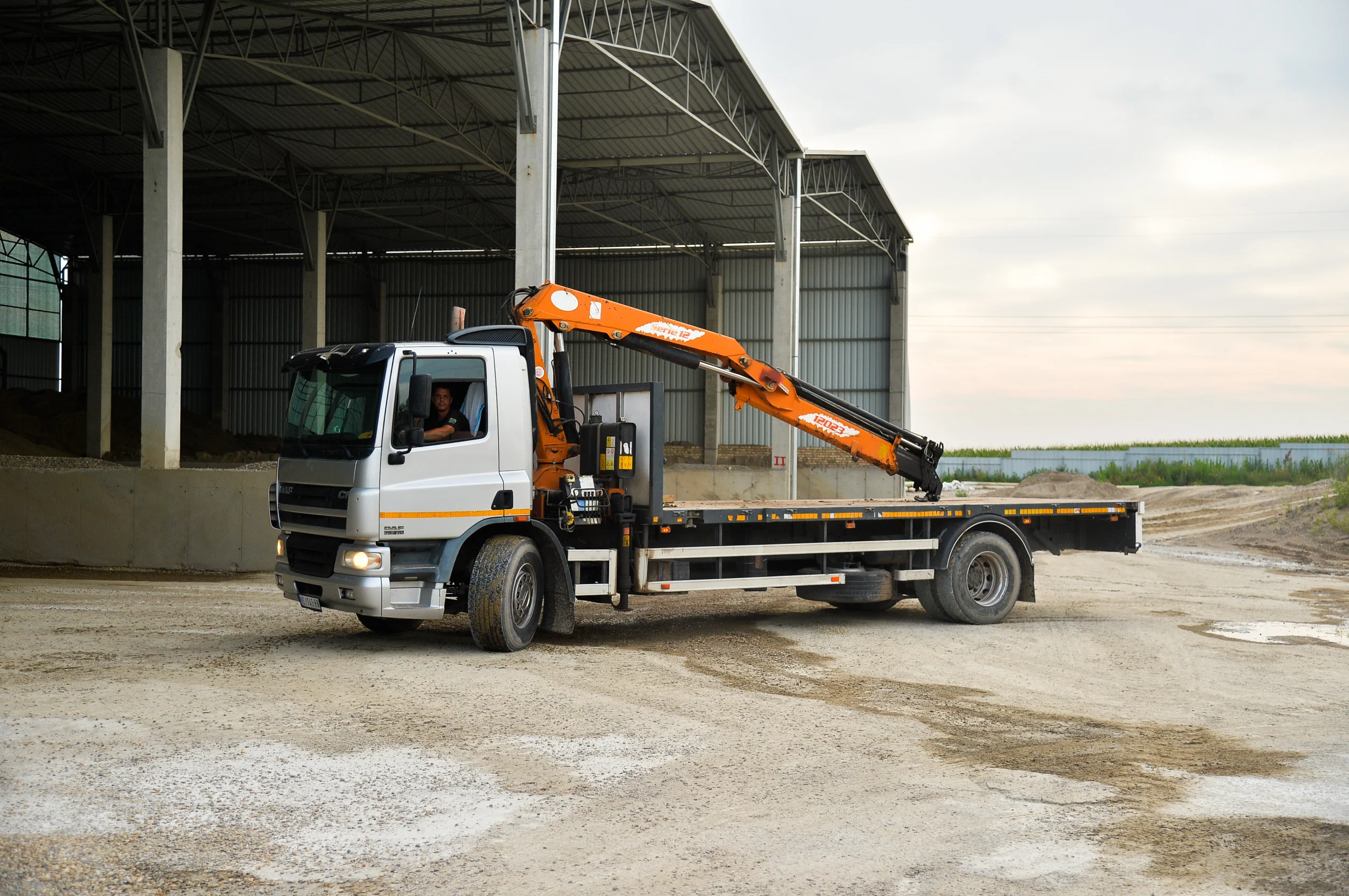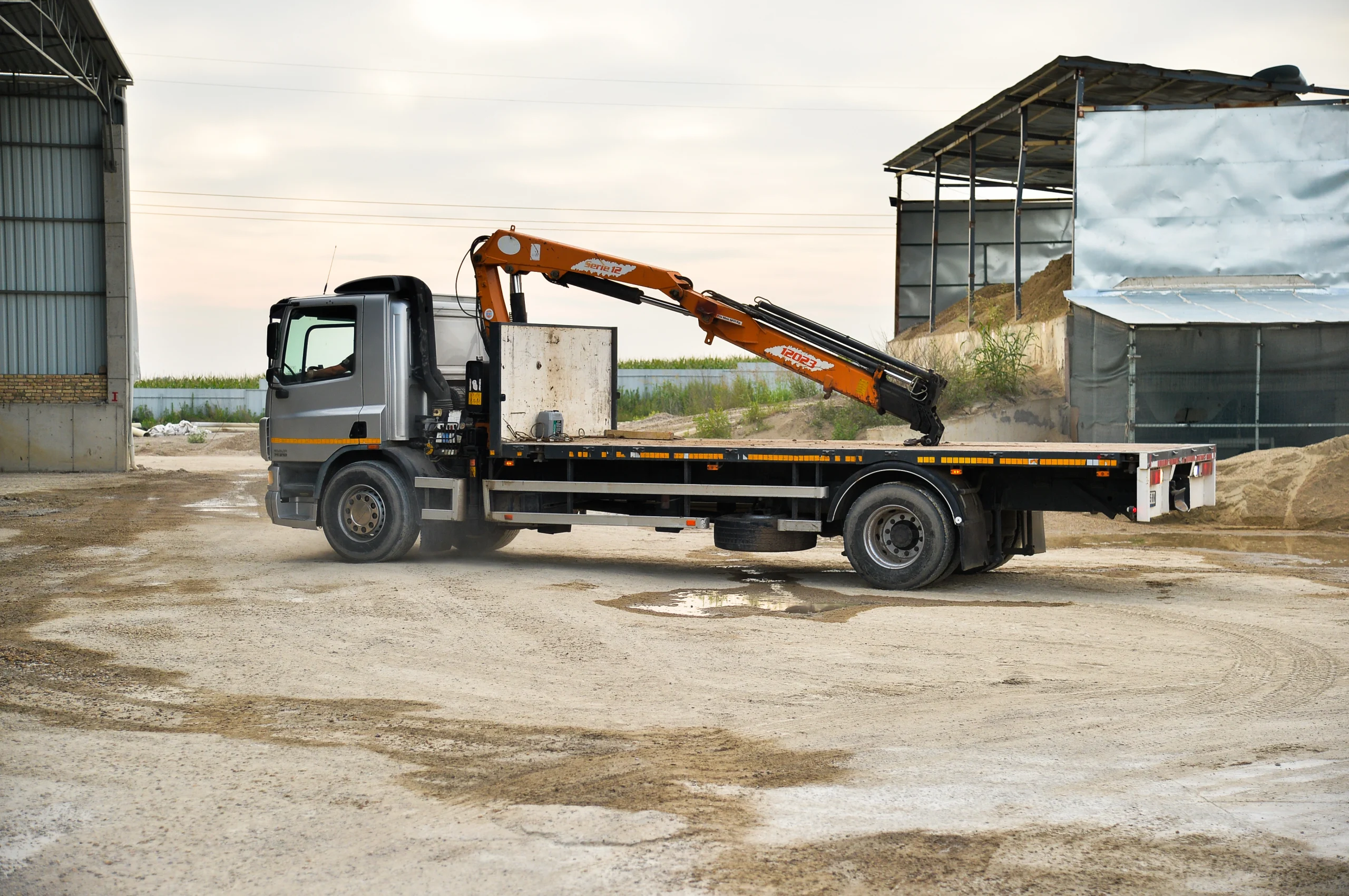The construction industry has traditionally been one of the largest emitters of harmful gases and pollutants. However, with the rise of environmental awareness and technological advancements, eco-friendly construction machines have emerged that significantly reduce the negative impact on the environment.
Electrification of Construction Machines
The transition from diesel to electric motors in construction machines represents a significant step toward reducing carbon dioxide emissions and other harmful gases. Electric machines not only reduce CO₂ emissions but also noise, contributing to a better working atmosphere on construction sites. For example, electric excavators and loaders are becoming increasingly popular due to their efficiency and environmental benefits.
Hybrid Technologies
Hybrid machines combine electric and diesel systems, allowing for optimal fuel consumption and reduced emissions of harmful gases. These technologies enable operation in modes that best suit the specific needs of a project, achieving greater efficiency and a smaller ecological footprint.
Use of Biodiesel and Alternative Fuels
The use of biodiesel and other alternative fuels in construction machines can significantly reduce carbon dioxide emissions and other pollutants. Biodiesel, produced from vegetable oils or animal fats, represents a renewable energy source that helps decrease dependence on fossil fuels.


Optimization of Operations and Digitalization
The implementation of digital technologies, such as GPS systems and telemetry, allows for precise monitoring of machine operations, leading to more efficient fuel usage and reduced emissions of harmful gases. These technologies enable real-time tracking of machine performance, identification of inefficiencies, and timely maintenance, contributing to a reduction in environmental impact.
Conclusion:
Directing towards eco-friendly construction machines represents a key step toward a more sustainable and environmentally responsible construction industry. Electrification, hybrid technologies, the use of alternative fuels, and the digitalization of machine operations contribute to the reduction of harmful gas emissions, energy savings, and minimizing environmental impact. By adopting these technologies, construction companies not only contribute to the preservation of the planet but also achieve long-term economic benefits through reduced operational costs and increased efficiency.